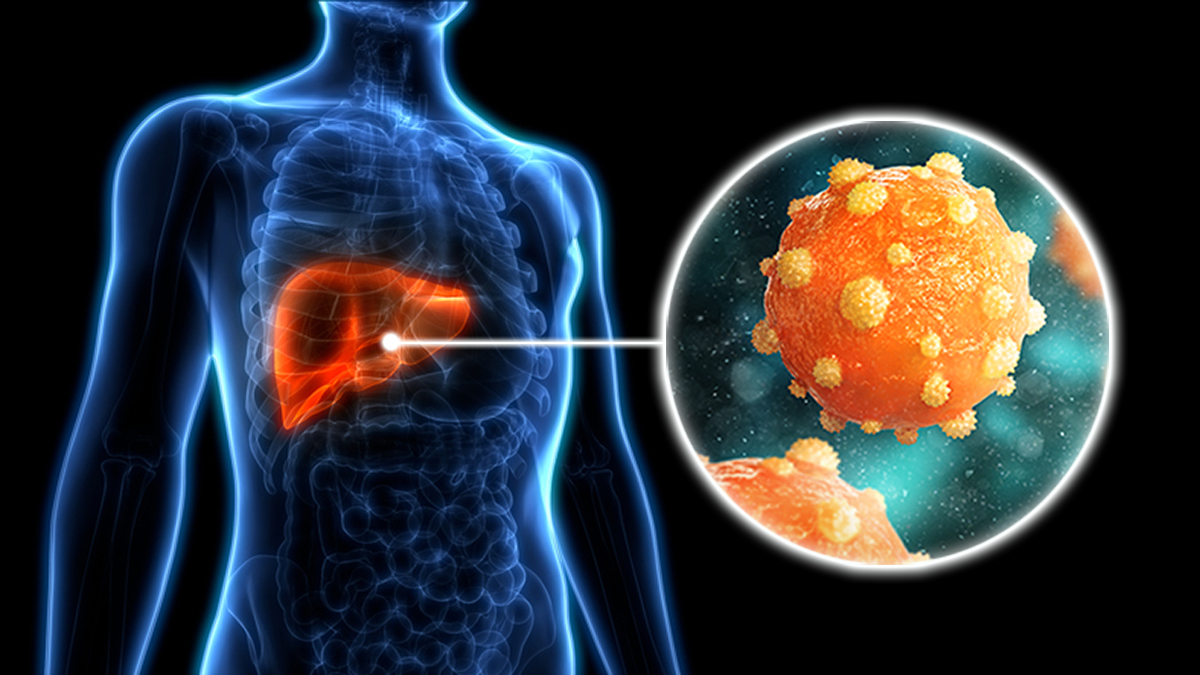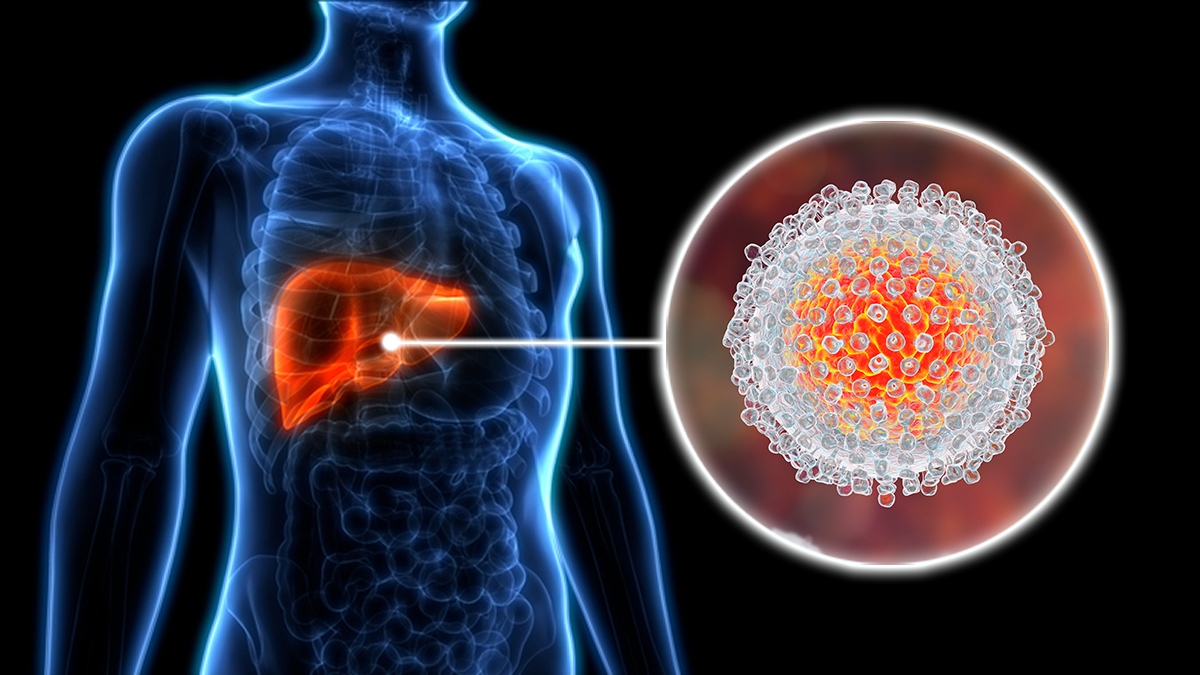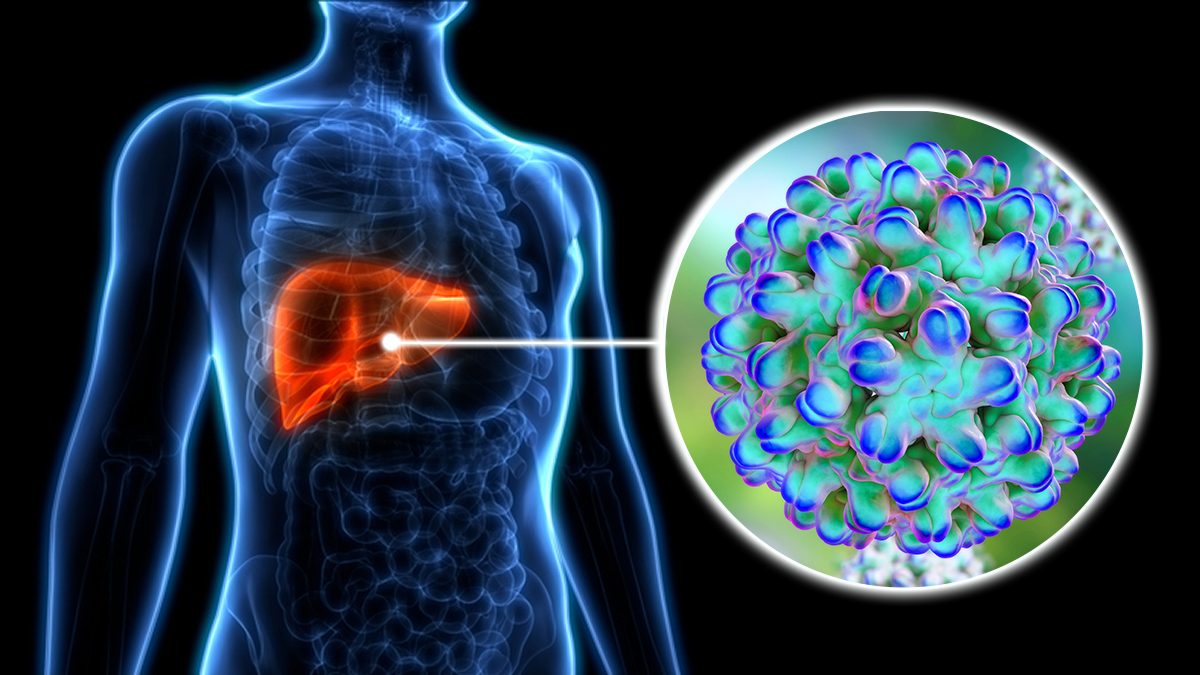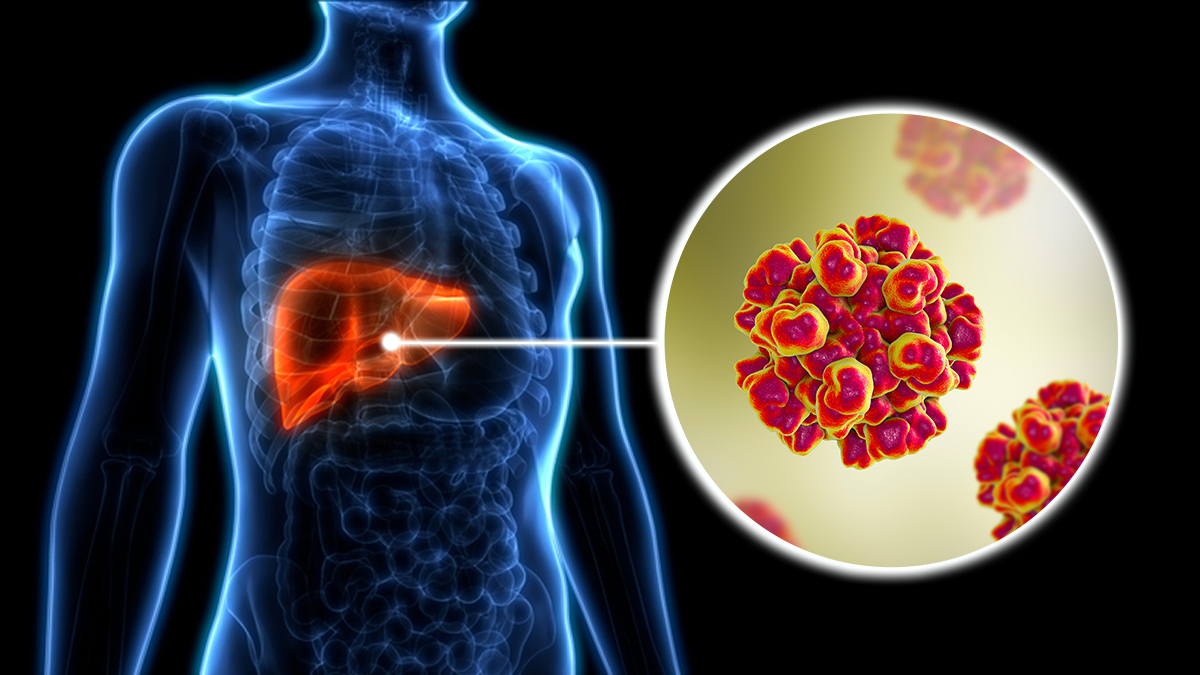What to know
July 28 is World Hepatitis Day (WHD).
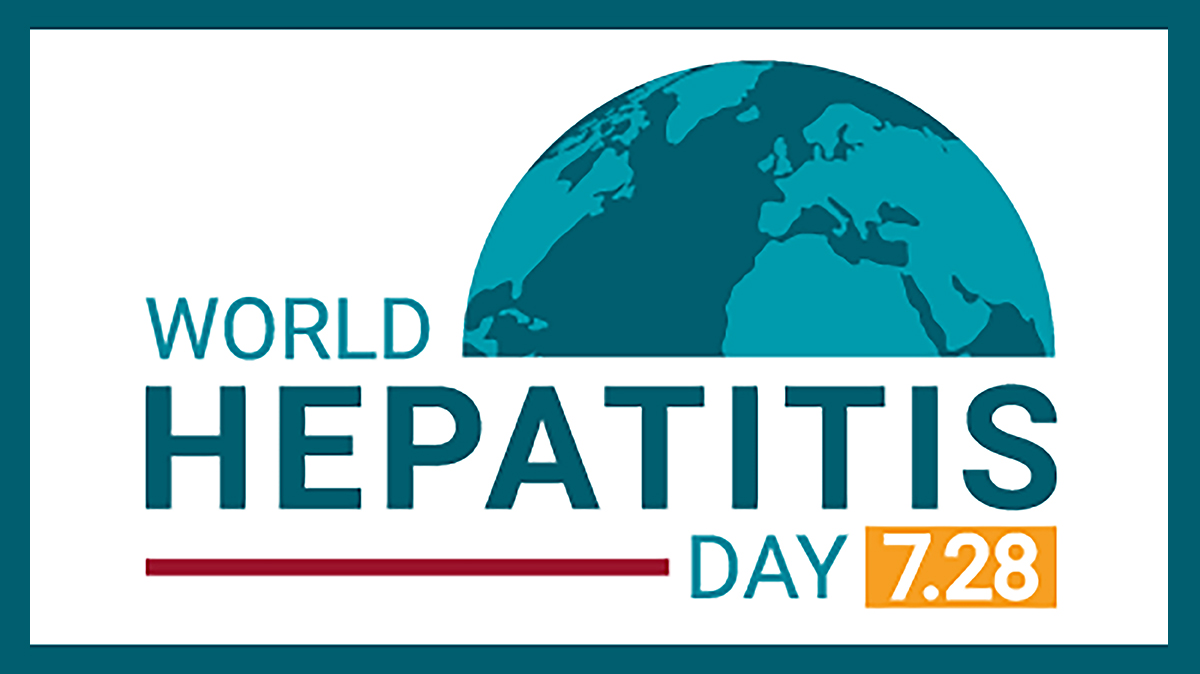
Why it's important
Viral hepatitis affects more than 300 million people worldwide and leads to more than 1 million deaths each year. Despite effective vaccines, prevention strategies, and medications, deaths from hepatitis are increasing globally.
CDC and other organizations around the world recognize WHD by raising awareness about viral hepatitis, the burdens people with hepatitis face, ongoing work to combat viral hepatitis across the globe, and actions people can take to prevent future transmission.
Goals
CDC is working to eliminate viral hepatitis in the United States and around the world. CDC collaborates with international partners to help countries experiencing high rates of infection to prevent, control, and eliminate viral hepatitis as a global public health threat.
Campaign origins
WHD is recognized annually on July 28, the birthday of Dr. Baruch Blumberg, who discovered the hepatitis B virus in 1967. Two years later, he developed the first hepatitis B vaccine. Dr. Blumberg won the Nobel Prize in Physiology or Medicine in 1976.
What success looks like
CDC provides scientific and public health leadership in the United States and to countries around the world in advancing efforts to eliminate viral hepatitis as a public health threat. CDC helps countries build capacity for viral hepatitis surveillance, testing, care, and treatment and assists with development and implementation of national control and elimination programs.
CDC's work with other countries makes America safer and more prosperous by preventing and controlling viral hepatitis overseas to slow the spread to the United States. Since 2000, investment in expanding global hepatitis B vaccination has already prevented almost 900,000 hepatitis B virus infections and over 65,000 hepatitis B-related deaths in the United States, saving $7.8 billion in estimated costs by 2070.
CDC's support to other countries makes America stronger by fortifying international partnerships and economic cooperation, and using lessons from other countries to advance the elimination of hepatitis C in the United States.
In 2015, the country of Georgia launched the first Hepatitis C Elimination Program in the world. With CDC's support, by 2024 almost 90% of the adult population was screened for hepatitis C, 86% of people diagnosed with hepatitis C were treated and most were cured of their infection. Overall, the program reduced the total number of chronic hepatitis C virus infections by 67% (from 5.4% in 2015 to 1.8% in 2021).
To learn more about how CDC is working globally to eliminate global death and disease caused by viral hepatitis, see CDC Collaborates Worldwide to Eliminate Viral Hepatitis.
To learn more about what CDC is doing to prevent the primary source of chronic hepatitis B, see What CDC Is Doing — Global Hepatitis B Vaccination.
Resources
For people looking for general information on viral hepatitis, see:


